
Colorado counselor leads retreat in Ukraine for war widows
The war in Ukraine has left many women widowed and without mental health support but Coloradan Josh Kreimeyer is determined to help them face their grief and share their challenges with others. Kreimeyer is an associate professor of counseling at Colorado Christian University and recently wrapped up a four-day retreat in Ukraine for widows of the war.
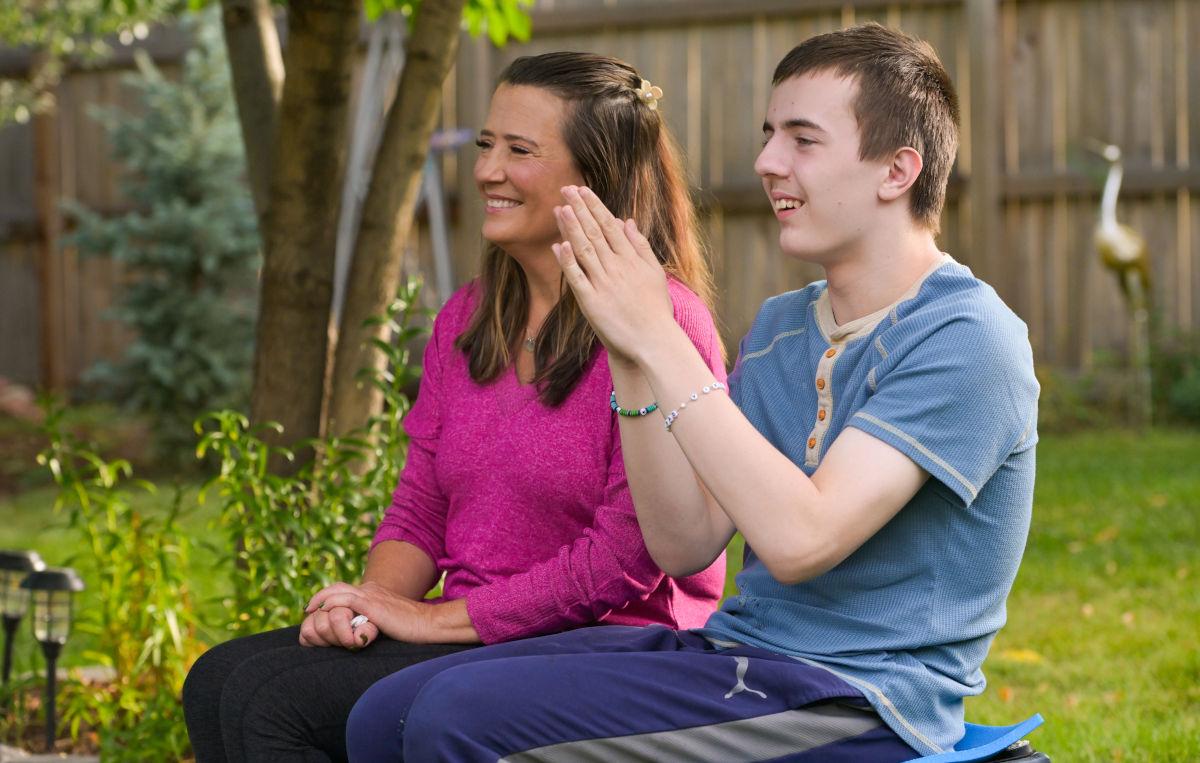
Jan. 8, 2025: Help for war widows in Ukraine; New uses for Electroconvulsive therapy
Since the war in Ukraine began, thousands of women have lost their spouses. A Colorado counselor just wrapped up a four-day retreat for the women to learn to cope with their grief. Then, a mother’s story about how Electroconvulsive therapy brought her son back. Also, a Colorado Wonders about culling Denver geese, and local comedians on avoiding political jokes.

How Electroconvulsive Therapy was life-changing for one teen with autism and catatonia
A shift in personality for a 14-year-old with autism led his family on a multi-year journey to find out what had happened to him and how to treat him.

Tucking jeans into your cowboy boots, a fashion faux pas or nah?
In time for the stock show, Colorado Wonders answers a key question about western wear.
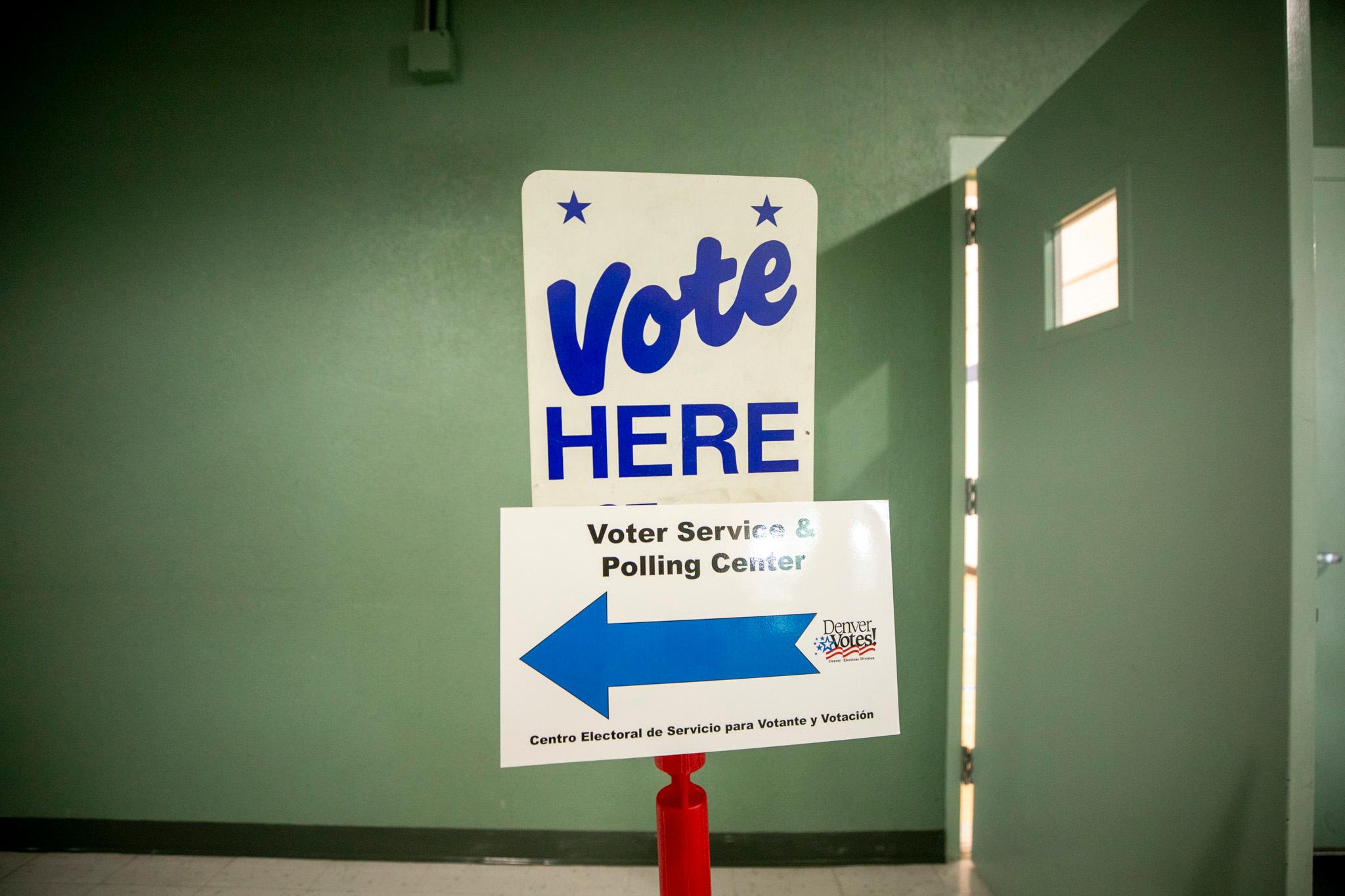
Colorado pollsters give their take on Trump’s lawsuit over an Iowa poll. And, what are polls for anyway?
Two Colorado pollsters say the recent election offers a glimpse into the differences between the Colorado electorate and the country as a whole and sheds more light on the views of the state’s Latino voters. Also, they say President Trump’s lawsuit against the Des Moines Register and Iowa pollster J. Ann Selzer is yet another challenge to the polling industry, which has been attacked in recent years for inaccurate data.

Denver historian on Jimmy Carter’s civil rights legacy
Denver historian Gwen Scott, 98, says Jimmy Carter’s upbringing in the deep South was pivotal to his lifelong fight for racial justice. Scott co-authored the book “Blacks through the ‘Ayes’ of our American Presidents, about the impact of U.S. presidents on the lives of Black Americans. She says Black voters were pivotal to Carter’s successful gubernatorial election in Georgia that paved the way for his presidential bid.

Dec. 31, 2024: Jimmy Carter on U.S. as a superpower; Celebrating Colorado’s centenarians
Today, reflections from Jimmy Carter when he visited Aspen in 2015, including his view on the U.S. as a superpower and helping others. Then, as the year comes to a close, we celebrate some of Colorado’s centenarians and their views about life and longevity. And later, how one woman is living with Alzheimer’s and refusing to let it define who she is.

Kids’ book explores intersection between magic and real science
Kids’ books often are infused with magic: potions, curses, spells and fortune-telling. Maybe it’s because children can imagine a world adults might see as far-fetched. Now, a new book for kids ages 9-13 called “Do You Believe in Magic?” by Denver author Laura Krantz, describes how much of what is considered magic is rooted in scientific fields like astronomy, chemistry and botany.
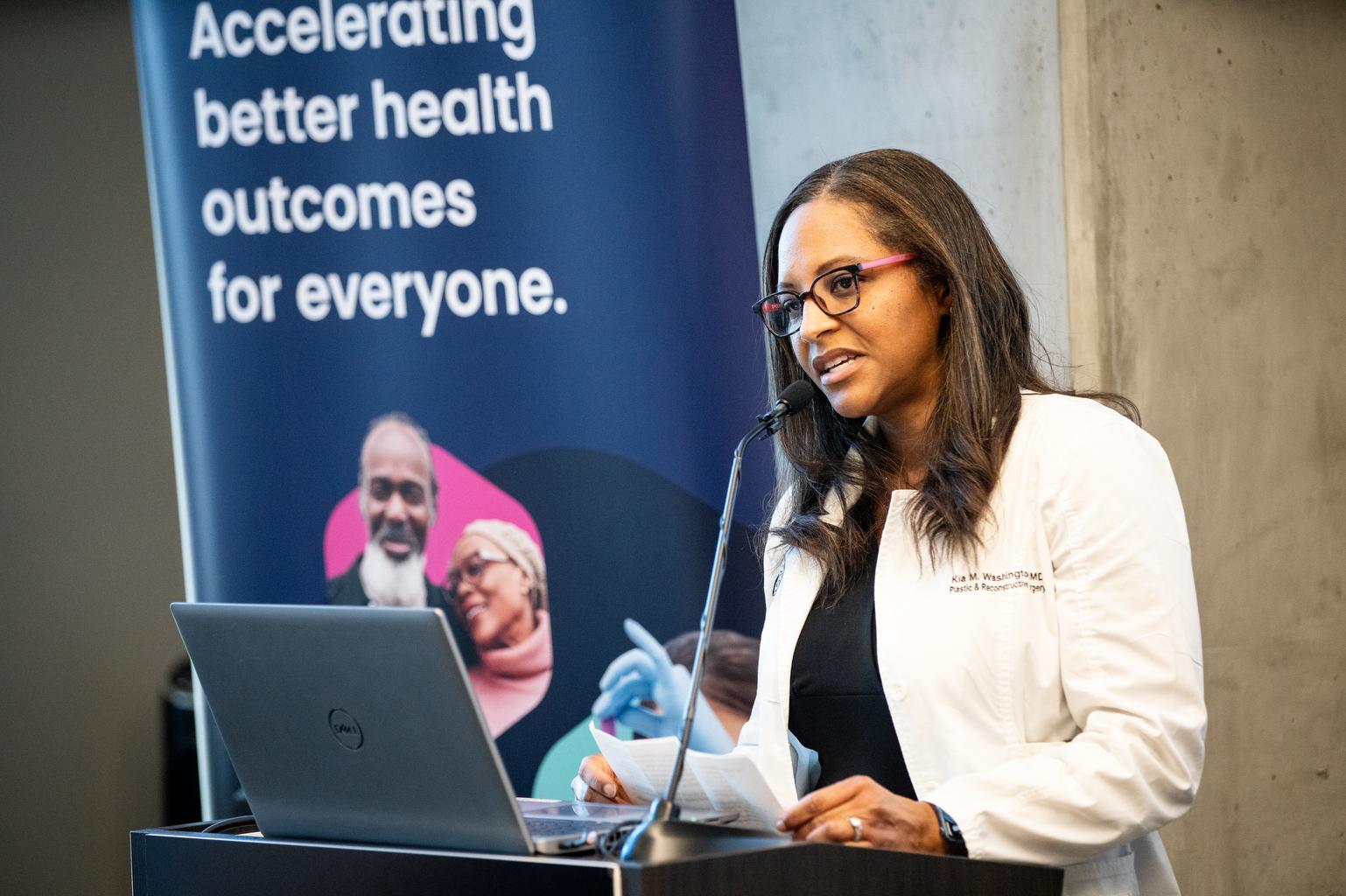
Colorado doctors are on the cutting edge of developing eye transplants to help vision loss
Dr. Kia Washington, a surgeon and a lead investigator on the project, said advancements over the past two decades in areas like technology and regenerative medicine make this effort possible.
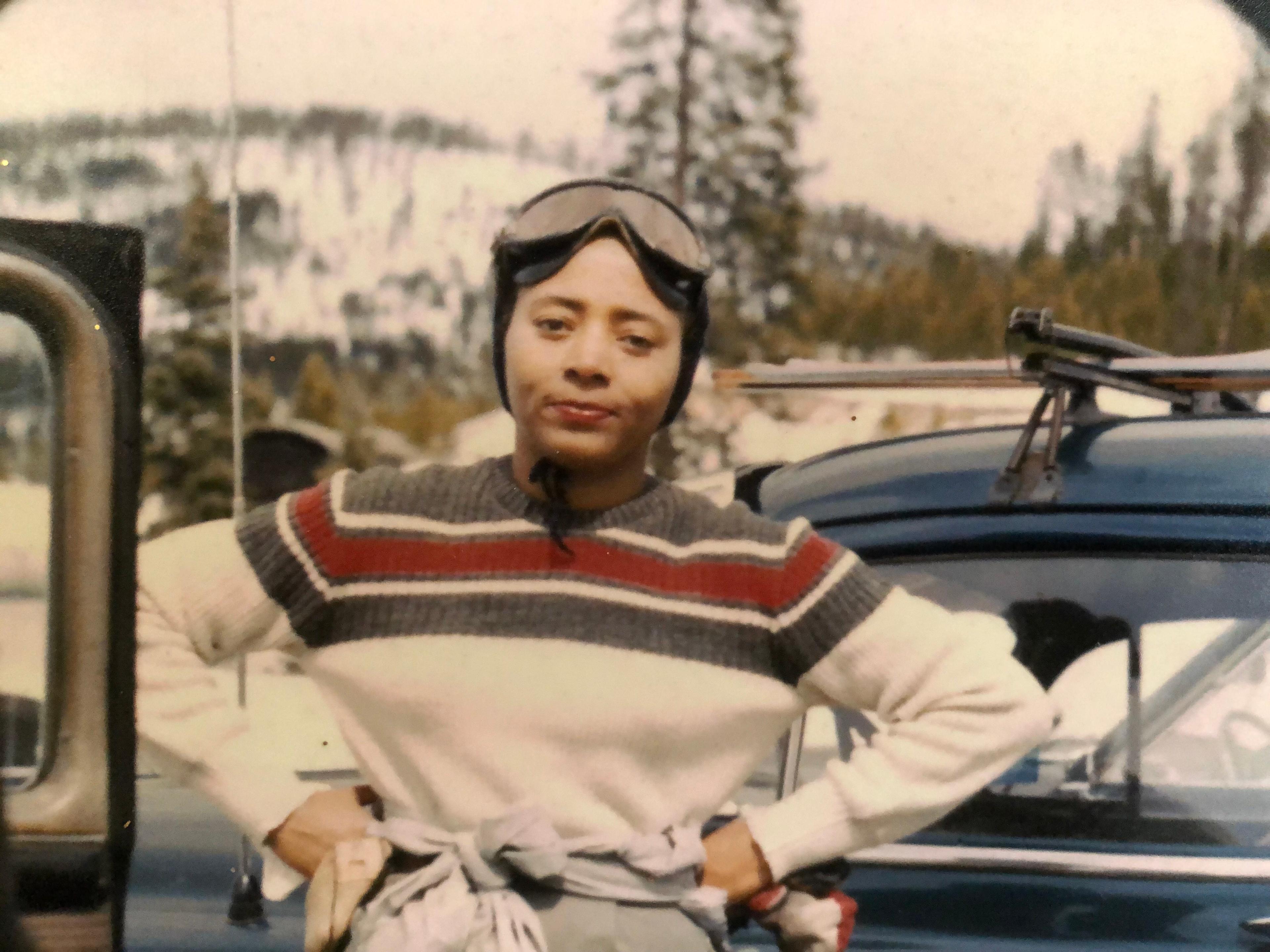
Remembering the centenarian who founded Colorado’s first Black ski club
Val Tanaka, born in 1924, formed Colorado’s first Black ski club in 1972. The club, now known as “Slippers and Sliders,” still exists today.
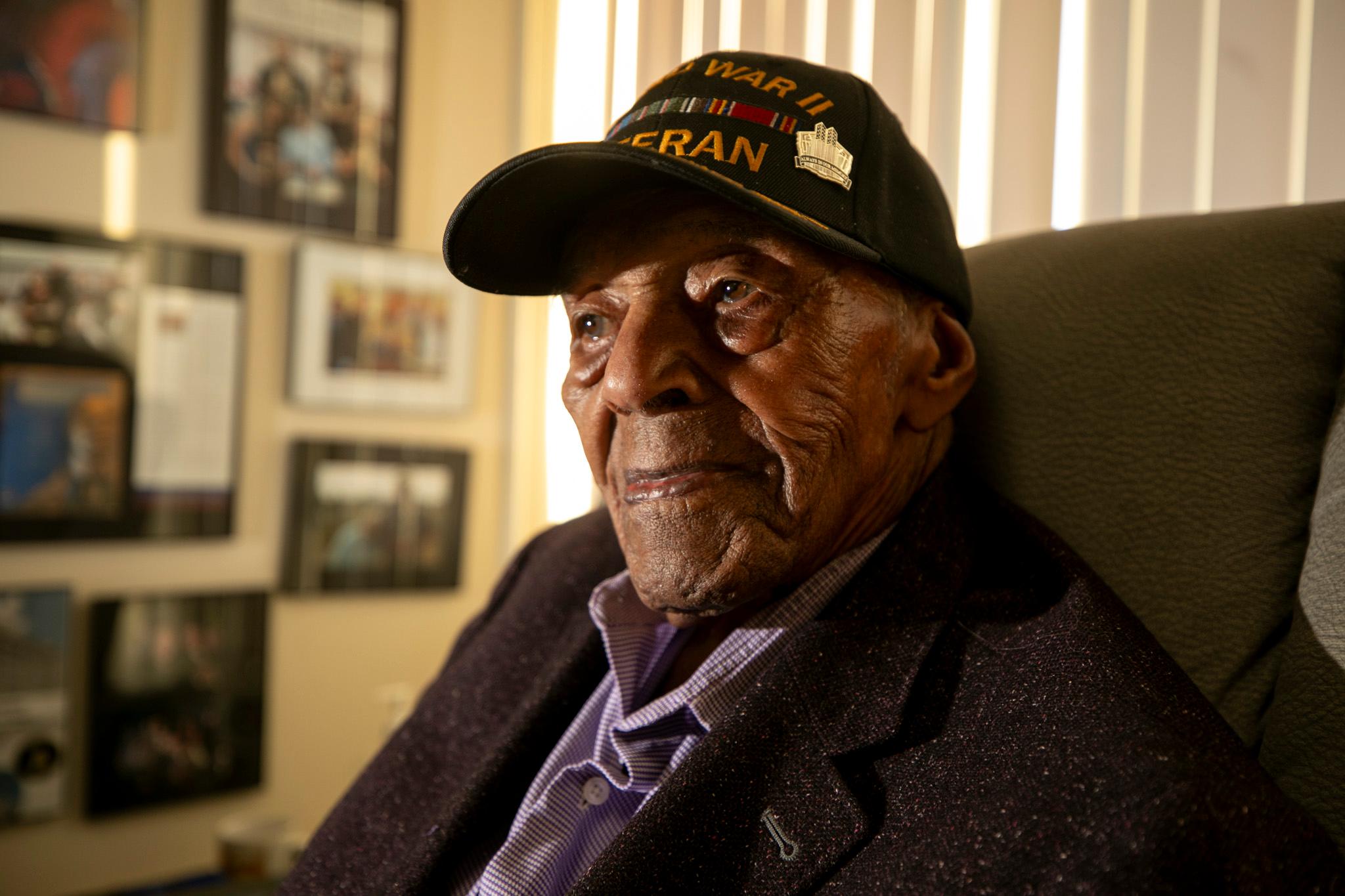
‘Talk Less, Think More,’ advises 104-year-old classical and jazz great
At 104, Charlie Burrell has had a lot of time to consider his life’s work and his values and he has a simple philosophy about how to live life to the fullest.

Nov. 15, 2024: Voter-approved proposition will fund victims’ services through gun excise tax; Holding RTD accountable
Colorado voters approved a proposition in the last election that funds victims’ services and other support programs through an excise tax on guns. We talk with an advocate about efforts to reduce gun violence. Then, what’s next for RTD now that voters have weigh-in on new board members and funding? Also, how the fantasy novel “Navola” helped the author escape climate change anxiety. And a mother’s immigration story is at the heart of “Avaaz,” now playing at the Denver Center Theater Company.

Voters approve Proposition KK which will fund victims’ services and support programs through a gun excise tax
Gun buyers will soon be paying for some of the cost of crime. Voters approved a new 6.5% excise tax on guns and ammunition that will fund services for crime victims. The money will also pay for mental health and school security. It’s estimated that it will raise approximately $39 million a year.


Trailblazer who co-founded Colorado’s first Black ski club dies at 100
A Colorado centenarian who spread her enthusiasm for skiing to others, young and old, white and Black has died. Valeria Tanaka was born on March 10, 1924 and co-founded Colorado’s first Black ski club. She was featured in a PBS story about the history of skiing in Colorado.
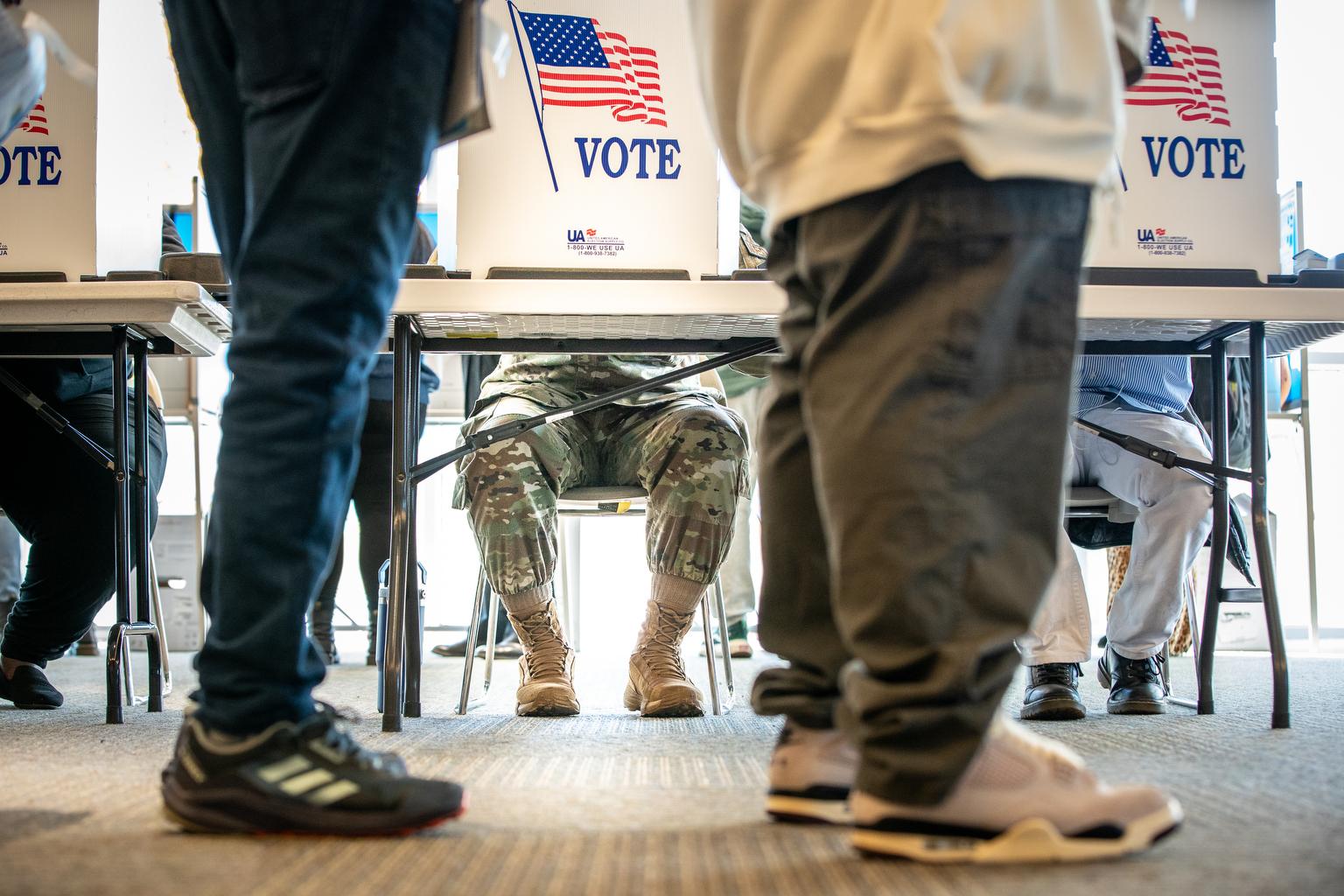
Colorado and national politics trend in opposite directions
The pundits and pollsters told us to be patient but the results of the 2024 Presidential election came quickly. By early Wednesday morning, Donald Trump had clinched the race to be the 47th president of the United States. In Colorado, a very different picture emerged as the state ovewhelmingly chose Kamala Harris. We reached out to Seth Masket, professor of political science and director of the Center on American Politics at the University of Denver, who has been tracking the Republican party over the past four years for a forthcoming book.

Colorado’s centenarians still going strong after all these years
What is the secret to a long and successful life? As part of our series Aging Matters on Colorado Matters, we spoke with some of Colorado’s residents over the age of 100.

